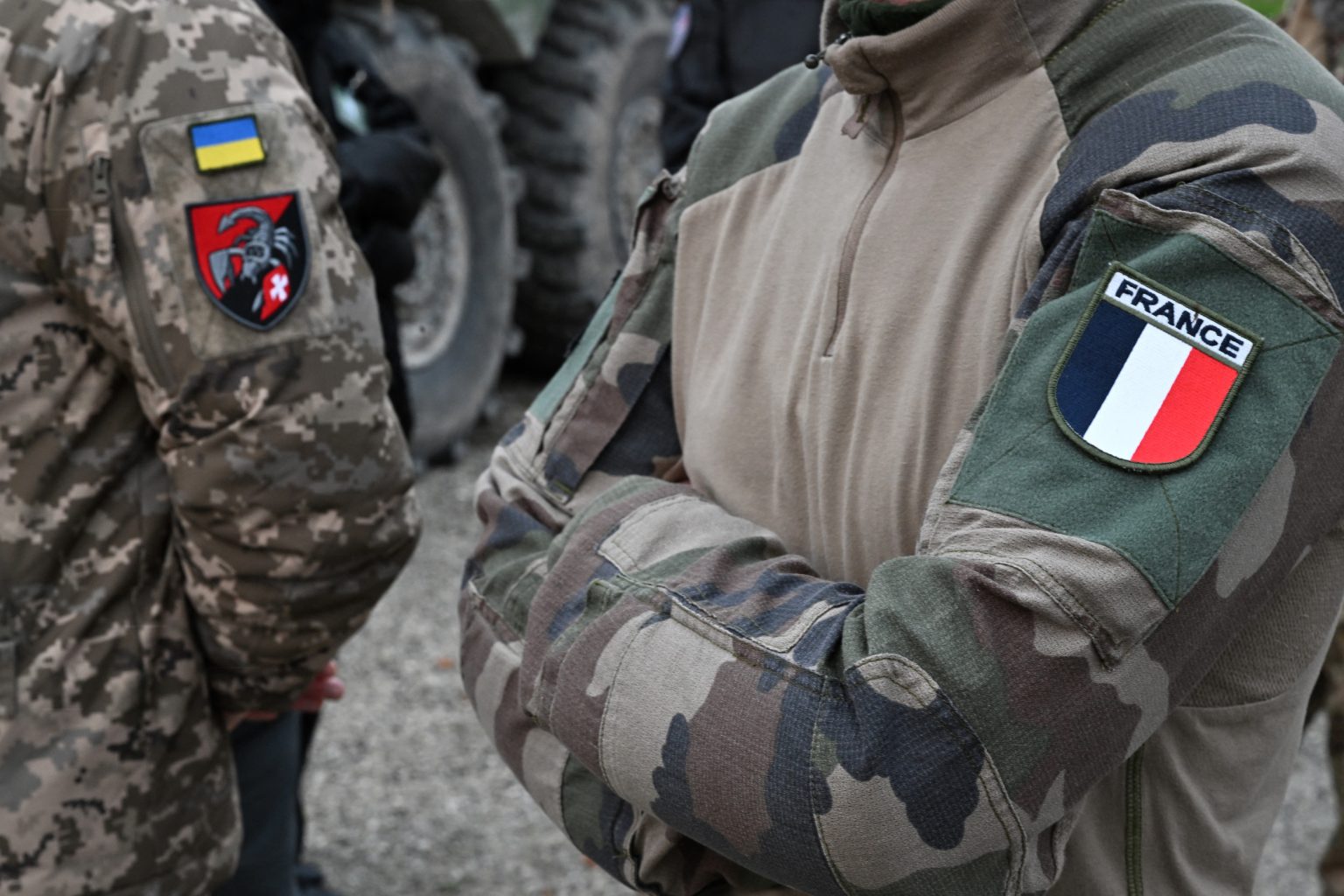The prospect of a joint UK-France peacekeeping force in Ukraine has emerged as a potential, albeit contentious, avenue for resolving the ongoing conflict. Discussions between British Prime Minister Keir Starmer and French President Emmanuel Macron have explored this possibility, fueled in part by the incoming US administration’s anticipated shift in Ukraine policy. President-elect Donald Trump has signaled a desire for a negotiated peace settlement between Kyiv and Moscow, potentially lessening US involvement in the region and placing greater responsibility on European allies. This has spurred European leaders to consider alternative strategies for supporting Ukraine’s sovereignty and securing a lasting peace. However, the proposal faces significant hurdles, including reported reservations from Starmer and the complex political and logistical challenges of deploying such a force.
The impetus for a European-led peacekeeping mission stems from Trump’s stated intention to prioritize a peace deal and his reluctance to commit US troops to the region. His skepticism towards Ukraine’s NATO membership and emphasis on a “strong, well-armed” Ukraine post-conflict suggest a desire for a rapid resolution, potentially at the expense of territorial concessions from Kyiv. Trump’s preference for European leadership in managing a future ceasefire, as conveyed during a meeting with Macron and Ukrainian President Volodymyr Zelensky, further underscores the need for European nations to formulate their own strategies for ensuring stability in the region. This shift in US policy has created a vacuum that European leaders are now grappling to fill, with the potential deployment of a peacekeeping force being one of the options under consideration.
The proposed peacekeeping force, as reported, faces significant challenges and uncertainties. The precise mandate, size, and composition of the force remain unclear. One suggested scenario involves establishing an 800-mile demilitarized buffer zone along the new Russo-Ukrainian border, patrolled by Western troops. However, this raises complex questions regarding the willingness of both Ukraine and Russia to accept such an arrangement, as well as the potential for escalating tensions if the force’s neutrality is perceived as biased or its presence provokes further conflict. Moreover, the legal and ethical implications of forcing Ukraine to concede territory, as suggested by Trump’s incoming special envoy for Ukrainian peace, Keith Kellogg, are substantial. Such a move could undermine international law and set a dangerous precedent for territorial gains through the use of force.
Divisions also exist within the UK government regarding the feasibility and advisability of deploying British troops as peacekeepers. While some view it as a positive step towards stabilizing the region and demonstrating continued support for Ukraine, others express concerns about the potential risks and the limited impact such a force might have. The threat posed to peacekeepers, the potential for escalation, and the broader strategic implications of deploying troops to a volatile region are key considerations that must be carefully weighed. The lack of full support from Prime Minister Starmer, as reported by The Telegraph, further highlights the internal debate within the UK government regarding this complex issue.
The Ukrainian government, while expressing willingness to engage in peace talks under certain conditions, remains wary of concessions that would compromise its territorial integrity. President Zelensky has emphasized the need for strong security guarantees as part of any peace agreement, viewing the potential deployment of a French-led military contingent as one such guarantee. However, the willingness of Russia to engage in good-faith negotiations and accept the presence of a peacekeeping force remains a significant unknown. Western officials harbor skepticism about Putin’s genuine interest in a peaceful resolution, raising concerns that any concessions from Ukraine might be exploited without leading to a lasting peace.
The path towards a peaceful resolution in Ukraine remains fraught with complexities. While the possibility of a UK-France peacekeeping force represents a potential avenue for stabilizing the region and supporting Ukraine’s sovereignty in the face of a potentially reduced US role, numerous obstacles remain. Internal divisions within the UK government, the logistical and political challenges of deploying such a force, the uncertain willingness of Russia to engage in meaningful negotiations, and the ethical implications of forcing territorial concessions on Ukraine all contribute to the precarious nature of the current situation. Moving forward, careful consideration of these factors and a commitment to upholding international law will be essential for achieving a just and lasting peace.

